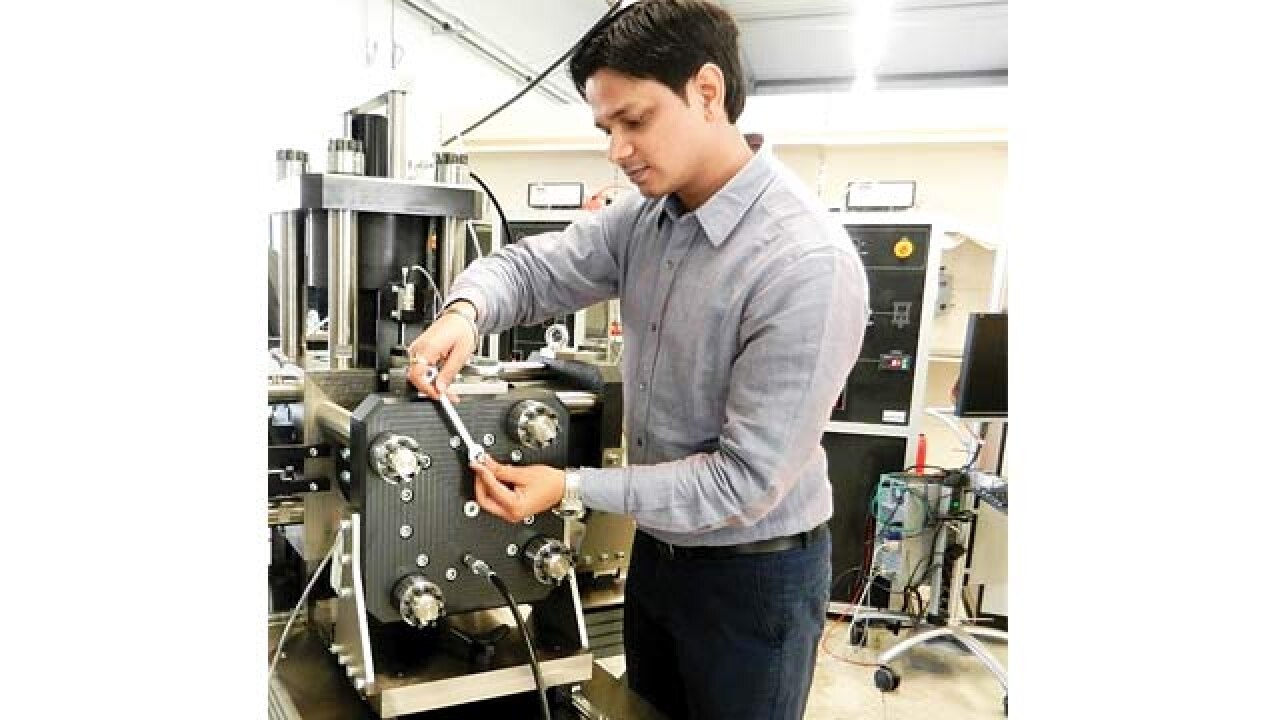
Vikram Vishal, assistant professor in the department of Earth Sciences at the Indian Institute of Technology Bombay won the prestigious Indian National Science Academy (INSA) medal for Young Scientist (2017). The award is considered to be the highest recognition of promise, creativity and excellence in young scientists, and awarded annually by INSA for research conducted by scientists in India. Till 2015, 737 young scientists have been recognised by INSA. Excerpts from the interview:
I work on something called as Geologic Carbon sequestration. This is related to increase of anthropogenic CO2 composition in the atmosphere primarily due to industrial release. Instead of allowing the CO2 to be released in the atmosphere, we capture the carbon dioxide by injecting it deep underground to what we call reservoirs. This lets the CO2 be stored underground rather than releasing it in the atmosphere since that leads to global warming. This is one of the methods to prevent climate change.
It is a combination by fellows of the academy. It is a very prestigious academy so they do not allow self-application and it’s done by nomination. I was nominated by the then Dean. They cannot enroll more than 30 applicants.
This technology can be implemented because wherever we have coal fields in the North-East of the Maharashtra, in the southern part of the Maharashtra, and part of Chattisgarh, MP, Jharkhand, West Bengal. You can inject that CO2 for methane recovery, in Chattisgarh fields, West Bengal fields or somewhere just for storage purpose.
We need to identify area of big challenges in the present century in context to the country, and the impact of those problems in the next 20-50 years.We need to work on making changes with our knowledge of Science, and ways to innovate. We are facing new challenges in terms of clean water, heating pact, weather patterns and many more where we can use upcoming technologies. We can make it more inter-disciplinary. I interact with chemistry, physics, mechanical, civil and earth sciences.